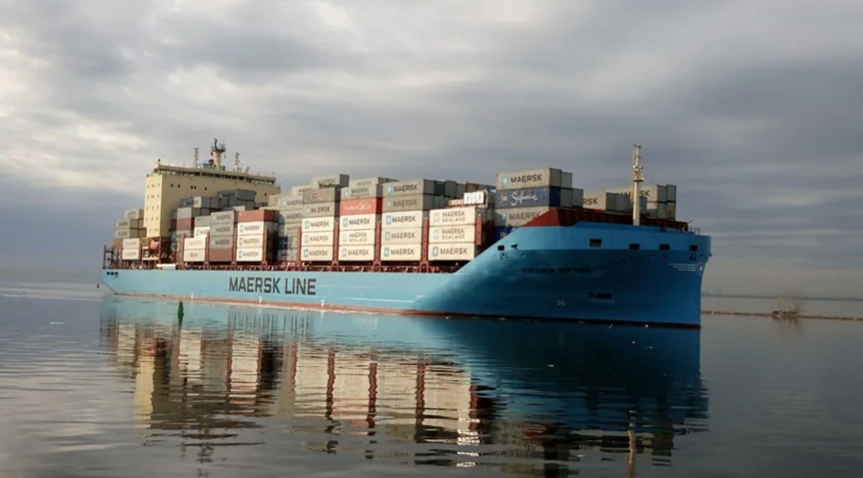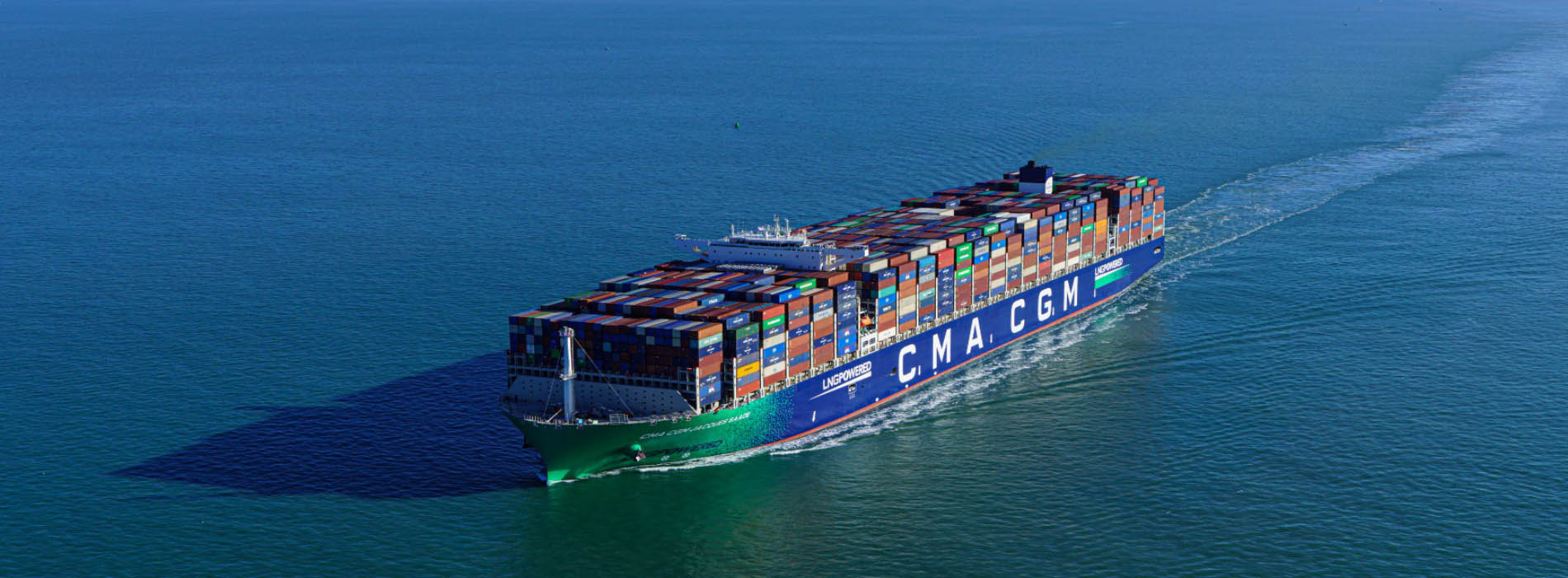
Many of the leading global shipping lines such as MSC, Maersk, CMA CGM, Hapag Lloyd, and others have rerouted their ships around the Cape of Good Hope to avoid the Red Sea.
This increases transit time and also the cost of shipping for everyone concerned and container liner operators have started implementing additional surcharges to cover these costs.
In a price and surcharge update, CMA CGM announced that they have implemented a RED SEA charge which will apply with effect from the 20th of December 2023 for cargo on board or to be loaded/discharged to/from the Red Sea ports covering the ports of Jeddah, Port of Neom, Djibouti, Aden, Hodeidah, Port Sudan, Massawa, Berbera, Aqaba, Sokhna.
This decision to re-route the vessels, as the company describes, is in line with clause 10 of the company´s Bill of Lading, “and it is a necessary step which comes with a cost.”
Although the company applies a RED SEA charge to all cargo to and from Red Sea ports, it gives the option to its customers to accomplish the Bill of Lading at the designated hub ports.
The charges will be USD 1,575 per 20′ dry, USD 2,700 per 40′ dry, and USD 3,000 per reefer container & special equipment.
MSC Mediterranean Shipping Company is also implementing from January 20 an Emergency Operation Surcharge (EOS) for trade from Wmed, Adriatic, Nwc & Scanbaltic to Usa, Canada & Mexico all ports.
“To maintain our continued level of service, from 20 January 2024 we will implement an Emergency Operation Surcharge (EOS) of 1200 USD / 20’, 1500 USD / 40’ and 2000 USD for reefer units applicable for all containers to cover additional costs,” the company informed its clients.
MSC explained that it has been forced to re-route vessels via Cape of Good Hope. As it is said, this will affect its operation efficiency, having a direct impact on the company’s costs due to additional vessels needed to maintain the schedule, and shortage of equipment.
Maersk has also made an announcement about additional freight and costs of carriage.
These additional charges are effective immediately until further notice and will apply to bookings from Far East Asia that are subject to diversion.
It will be presented as Transit Disruption Surcharge (TDS) on customer invoices.
“Diverting vessels around the Cape of Good Hope to mitigate the ongoing risks of sailing through the region is a necessary step in the interest of safety, but it has ultimately brought about increased costs for carriers.”
“As such, Maersk is invoking clause 20(a) of the terms for carriage and clause 22(a) of the House Bill of Lading, whichever is appropriate to the relevant carriage, in order to recover these costs,” Maersk said.



